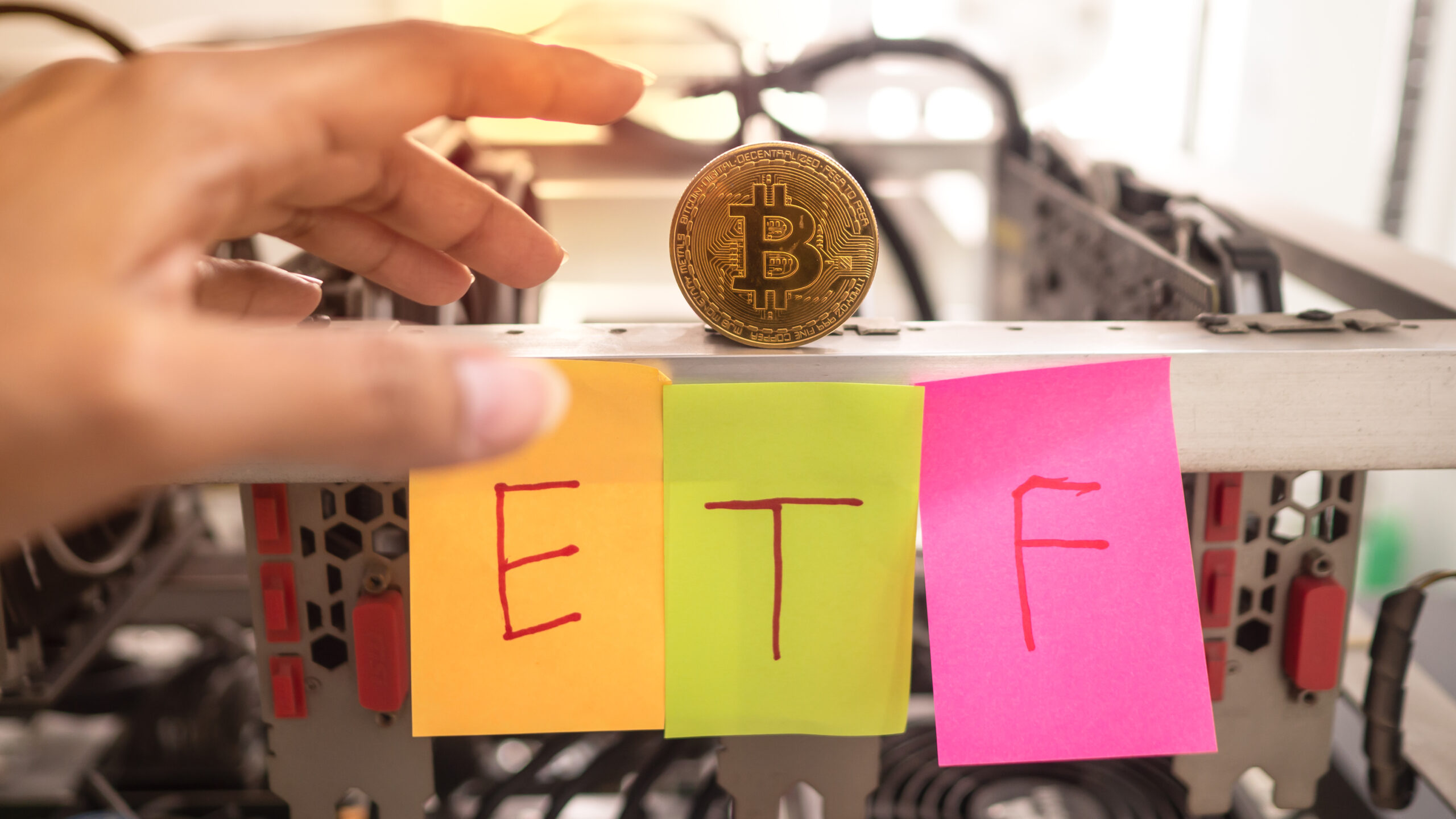Old habits of thought are difficult to shred. Public choice theory entered economics three quarters of a century ago, but many analysts and journalists have barely noticed. A Financial Times column is a case in point (Gillian Tett, “Snickers Wars Reveal the Enduring Perversity of Human Behaviour,” April 4, 224):
First, business competition does not always deliver true efficiency; markets can fail. Second, this market failure arises because consumers are not the all-knowing rational agents that they appear in economic models. They have cognitive biases that lead them to make poor choices and leave them ill-equipped to make judgments about inflation.
The public choice intellectual revolution started with a simple analytical assumption: just as the typical individual generally seeks his own interest in private choices, he continues to do the same when he enters the public-choice sausage machine as a politician or government bureaucrat. (His voting behavior can be different because he has no influence on the outcome of elections and referendums, so he can be altruistic or otherwise ethical at no cost.) The self-interest assumption has proven very useful in explaining how governments actually work, as opposed to assuming a nirvana government acting benevolently and with perfect knowledge to correct “market failures.” In reality, government failures are generally worse for most individuals than market failures. In short, politicians and government bureaucrats are just ordinary individuals with ordinary incentives—but to whom immense coercive power is granted over other ordinary individuals.
That this discovery waited 300,000 years—some 3,000 years of intellectual history—to be correctly formalized is not surprising. During nearly all these centuries and over nearly all the surface of the globe, individuals of the Homo Sapiens species thought that political authority figures were part of a superior sort of mankind. Such beliefs probably had evolutionary (survival) benefits. As Bertrand de Jouvenel wrote, individuals obey authority because it “has become a habit of the species.”
Typically and boringly, the columnist’s solution to “market failures” is to give governments—homo politicus and homo bureaucraticus—more power to control individual and private choices. As if it were obvious that a free consumer is less rational than a coercive politician. As if the former’s individual choices were less economically efficient and more dangerous than, say, what Joe Biden, Donald Trump or Katherine Tai would impose on him.
As for the behavior of the voters themselves, public choice theory explains Joseph Schumpeter’s observation in his 1950 book Capitalism, Socialism, and Democracy:
[The private citizen] is a member of an unworkable committee, the committee of the whole nation, and this is why he expends less disciplined effort on mastering a political problem than he expends on a game of bridge.” …
Thus the typical citizen drops down to a lower level of mental performance as soon as he enters the political field. He argues and analyzes in a way which he would readily recognize as infantile within the sphere of his own interests. He becomes a primitive again.
Those who already had an ideological preference for collective choices over private choices, for authority over liberty, for command over contract, were more likely to miss the public choice revolution. But they later quickly embraced “behavioral economics,” which ignores the individual’s cognitive biases when he enters the political realm. Such is the main cognitive bias of behavioral economists or, at least, of their admirers.
******************************
DALL-E described as follows the image I, somewhat tendentiously, instructed him to generate: “Here are the images depicting the stark contrast between the hardship under market failures and the transition to a political land of plenty and happiness, under the guidance of a loving political leader.”
Glorious politician rescuing his people from market failures
















